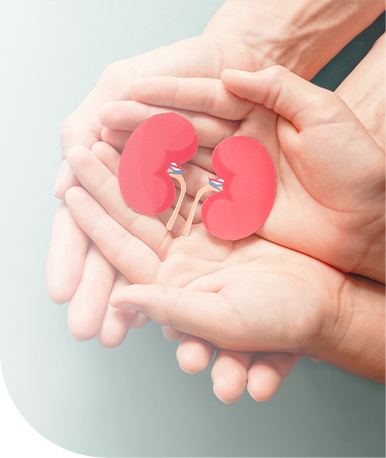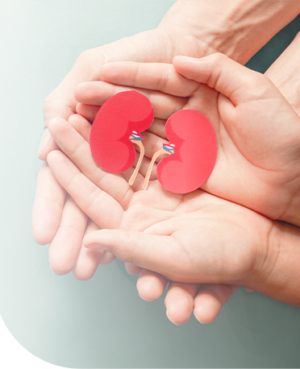What is Dialysis?
Dialysis is a life-sustaining treatment for individuals with advanced kidney failure or end-stage kidney disease (ESKD). It involves removing waste products, excess fluids, and toxins from the blood using a machine. There are two primary types of dialysis: hemodialysis, which uses a dialyzer and an artificial kidney machine, and peritoneal dialysis, which uses the lining of the abdomen to filter the blood.
Hemodialysis: For patients with ESKD hemodialysis is typically performed in a dialysis centre. Each session lasts for 3-5 hours but it requires lifestyle adjustments.
Peritoneal Dialysis: Peritoneal dialysis (PD) is a method that uses the body’s peritoneal membrane as a natural filter. Peritoneal dialysis can be performed at home, but the patient needs to get a surgical procedure before they can start the treatment. It requires regular training to learn the procedure and ensure proper hygiene.
Home-based Hemodialysis: In this the dialysis service providers will use a portable dialysis machine, which can be easily set up at the patient’s desired location. The dialysis will be assisted by a dialysis technician.
The decision between hemodialysis, peritoneal dialysis and home-based hemodialysis is influenced by a variety of factors, including the patient’s health, lifestyle, personal desire, and medical recommendations. It is critical to consult a healthcare specialist to determine the best dialysis modality for an individual’s specific needs.







